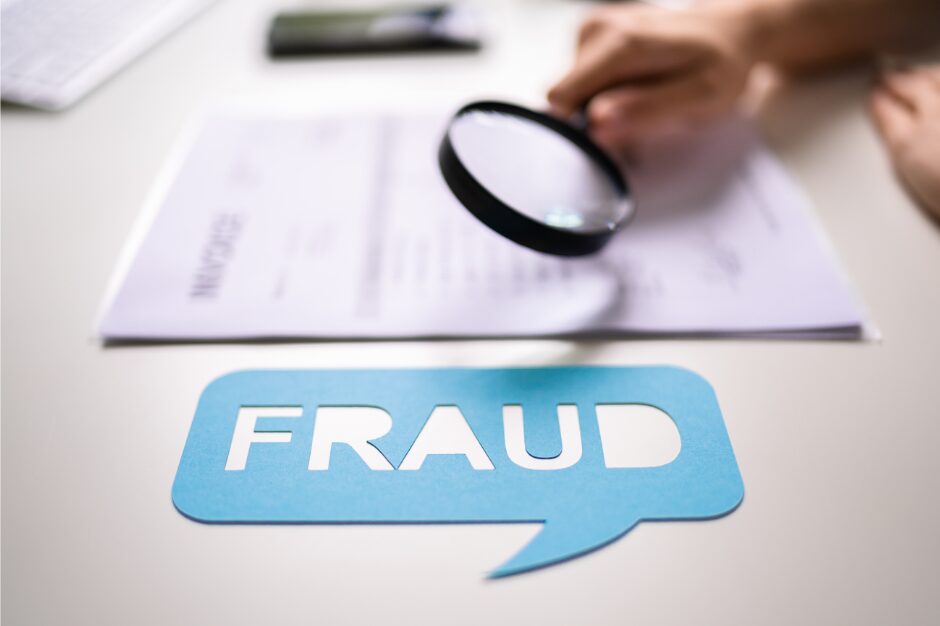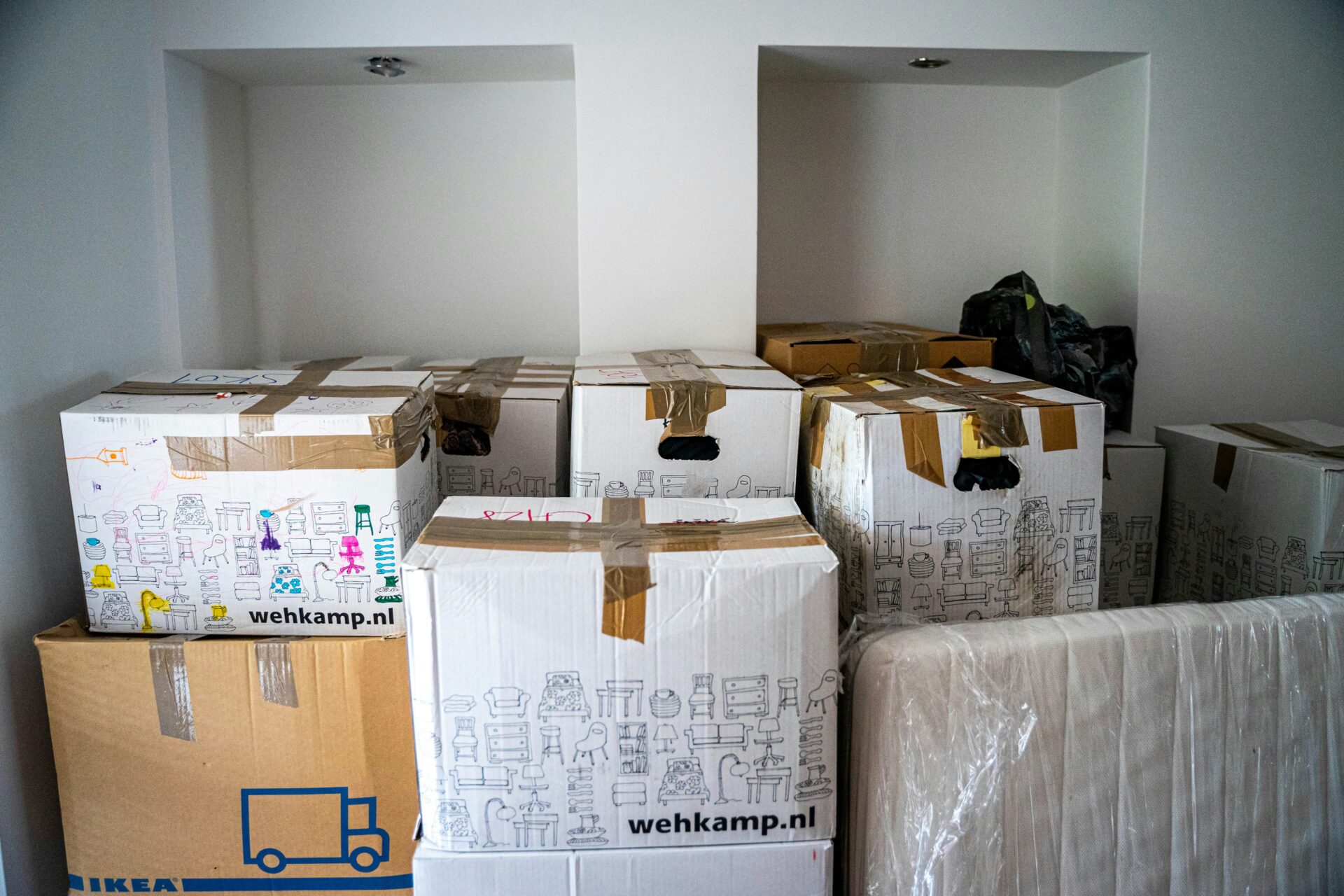
Having a rental property is a great investment, but being a landlord comes with its challenges. One of the biggest issues that landlords and tenants face is a lack of strong communication and a clear set of expectations that hold tenants accountable.
Fortunately, a concise lease agreement can eliminate these concerns by providing a clear set of guidelines and responsibilities for both landlords and tenants. A residential lease or renter’s agreement establishes the rules that both landlords and tenants will follow throughout the duration of the lease, which is a binding legal contract. A lease agreement also protects both parties by providing documentation of crucial details, such as the amount of rent to be paid each month and the length of the lease.
These are the vital components of a basic lease agreement that you should be sure to spell out.
Names of Tenants
Each adult living in a rental unit, regardless of relationship, needs to be listed as a tenant and should sign the lease agreement. This puts legal liability on all parties for the entirety of the agreement such as the proper use of the property and the rent owed. If a problem arises, you are legally allowed to seek the rent from all of the tenants or evict all of them if one violates a term.
Occupancy Limits
The lease agreement should clearly state that the maximum number of tenants allowed to reside in the rental property. This ensures that you have control over who is living in your unit and that only tenants who have been screened and approved according to your requirements may occupy the space. Occupancy limits also give you protection in the event that another person moves in or a tenant sublets the unit without your express permission.
Term of the Tenancy
The lease agreement should state whether the contract is a rental agreement or a fixed-term lease. In most cases, rental agreements are month-to-month, while leases typically last a year. You can determine what type of contract you want to enter with your tenant, but the lease term should be explicitly stated.
Rent Amount
The amount of rent owed, when it’s due, and how it’s to be paid should be expressly stated in your lease agreement. It’s vital to list specific details, such as acceptable payment methods, any applicable late fees, and charges for bad checks.
Deposits and Fees
Requiring a security deposit is a common practice that helps you avoid missed rent should a tenant skip out, as well as pay for any damages incurred by a tenant. Your lease agreement should clearly state the limit, use, and return of the security deposit, including such details as the amount of the deposit, how the deposit will be used, how the deposit will be returned, and how you will account for any deductions after the tenant moves.
Repairs
Rent-withholding disputes and problems with security deposits can arise from repair and maintenance issues. To avoid problems, it’s best to clearly state your and your tenant’s responsibilities for repair and maintenance in the agreement, including:
The tenant’s responsibility to keep the property clean.
The tenant’s responsibility to pay for damages caused by their abuse or neglect.
The tenant’s responsibility to alert you to dangerous conditions on the property. You should include details about how you will handle complaints and repair requests.
Restrictions on alterations or repairs, such as painting walls, replacing floors, or adding built-in appliances.
Rights of Access
To avoid any claims of illegal entry or privacy violation, the lease agreement should clarify your legal right to enter the property with cause and also state how much notice you intend to provide. For example, you may need entry to the property without notice in the event of an emergency, but annual inspections, repairs, or appointments to show the property to prospective tenants warrant advance notice.
Restrictions on Illegal Activity
Illegal activities can result in legal issues between tenants, property damage, and lawsuits from neighbors. To avoid these hassles, include a clause in the lease agreement that prohibits excessive noise, disruptive behaviors, and illegal activities on your rental property.
Restrictions on Pets
If you intend to allow pets, it’s important to list any applicable restrictions on the number, size, or type of pets allowed in your lease agreement, as well as requirements regarding the tenant keeping the property clean and well-maintained. If you don’t intend to allow pets, include a section in your lease agreement that explicitly states that no pets will be permitted, regardless of size, number, or type. That being said, you must make an exception for service animals.
Grounds for Termination
Filing for eviction can be a complicated, lengthy, and stressful experience. You should include a section in your lease agreement that discusses your right to evict a tenant who fails to comply with the terms of the agreement or misrepresents any information on the rental application.
Termination of Tenancy
To ensure a smooth ending of your rental relationship, it’s best to include a section on what the tenant must do when the contract ends. This may include such requirements as the tenant leaving the property clean and in good condition, returning the keys to you, and providing a forwarding address so you can send the security deposit or any further communication.
Additional Restrictions
Most states have laws regarding health and safety codes, rent-control ordinances, occupancy rules, anti-discrimination laws, security deposit limits, and more. Be sure that your lease agreement complies with your state and local laws.
You may also want to include other legal restrictions in your lease agreement—such as limits on the type of business a tenant may conduct from your property, use of common areas, and regulations on parking—to avoid any hassle or confusion.
A clear landlord lease agreement not only protects you from damages and headaches in the future, but it also sets the tone for your rental relationship with your tenant. While there’s no guarantee that an effective rental contract will prevent issues with a problem tenant, it ensures that you have the protection you need to move on to your next promising applicant.
Are you ready to find a great tenant for your rental property? Post your listing, screen new tenants, and fill your vacant rental unit with Zumper today!



